Histopathology and Cytopathology
Histopathology is the specialty concerned with the analysis of tissue samples under the microscope. Such samples can take the form of small tissue specimens (biopsies) or larger resection specimens obtained following complex surgical procedures. The histopathologist aims to classify the disease process, which is critical in guiding the treatment offered to the patient. Cytopathology is a branch of pathology involved in the analysis of cells shed in various bodily fluids (eg: urine) together with samples obtained by scraping tissue surfaces (eg: cervical smear tests). Through the analysis of changes occurring in various cells, the histopathologist can infer underlying disease processes.
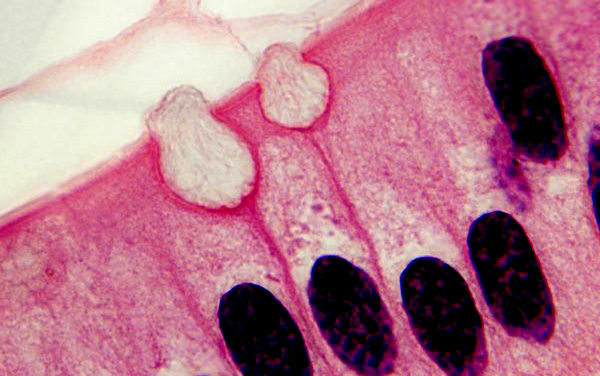
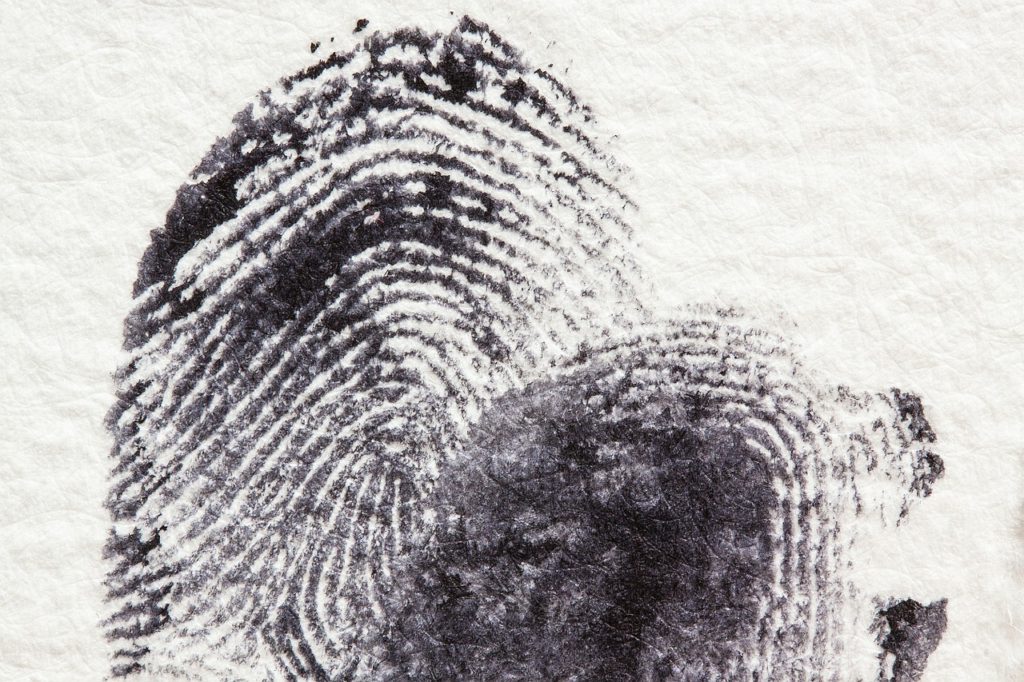
Forensic Pathology
Forensic pathology is the branch of pathology dealing with the medicolegal investigation of death. This is conducted by means of an autopsy, which aims to determine the mechanism and manner of death and the circumstances surrounding the death. Through detailed examination of the body together with accumulation of additional information from scene of the crime analysis, the mechanism of death can be classified into various categories, including homicide, suicide, accidental and natural. Forensic pathology requires extensive communication with members of the police, relatives of the victim, ballistic analysts and toxicologists amongst others. Additionally, pathologists are often summoned as expert witnesses in the Court of Law to testify on the autopsy findings in criminal proceedings.
Haematology and Transfusion Medicine
Haematology refers to the study of diseases of the blood. This is a broad, interface specialty which bridges between laboratory and clinical medicine. This specialty incorporates the treatment of patients with blood disorders together with running the necessary laboratory and microscopic analysis of blood and bone marrow samples taken from the patient to arrive at a diagnosis. Transfusion medicine is the science concerned with the adequate use of blood products in the treatment of disease. Knowledge on various blood types, the different techniques of blood product administration and the complications associated with blood product administration form the heart of this specialty
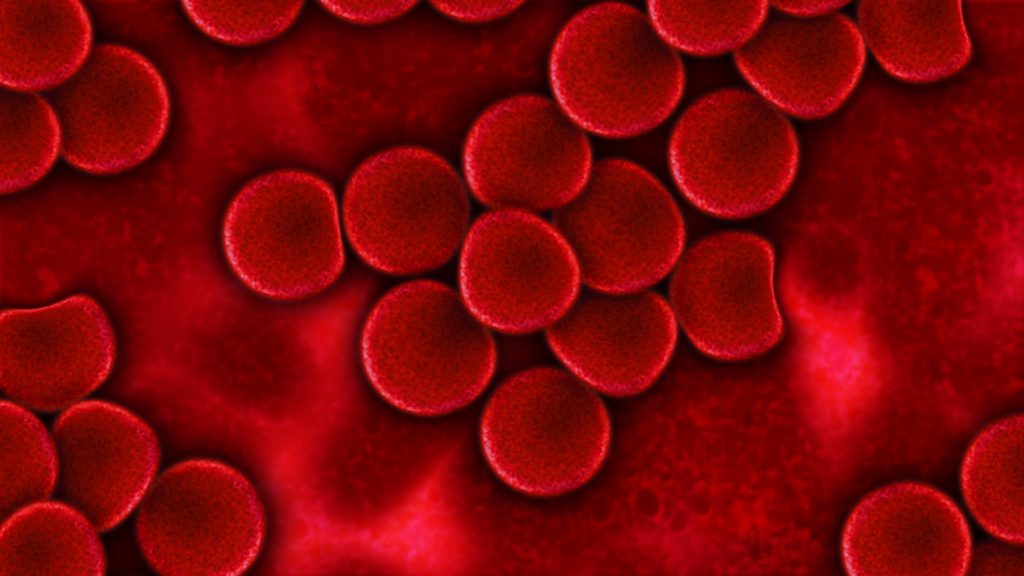
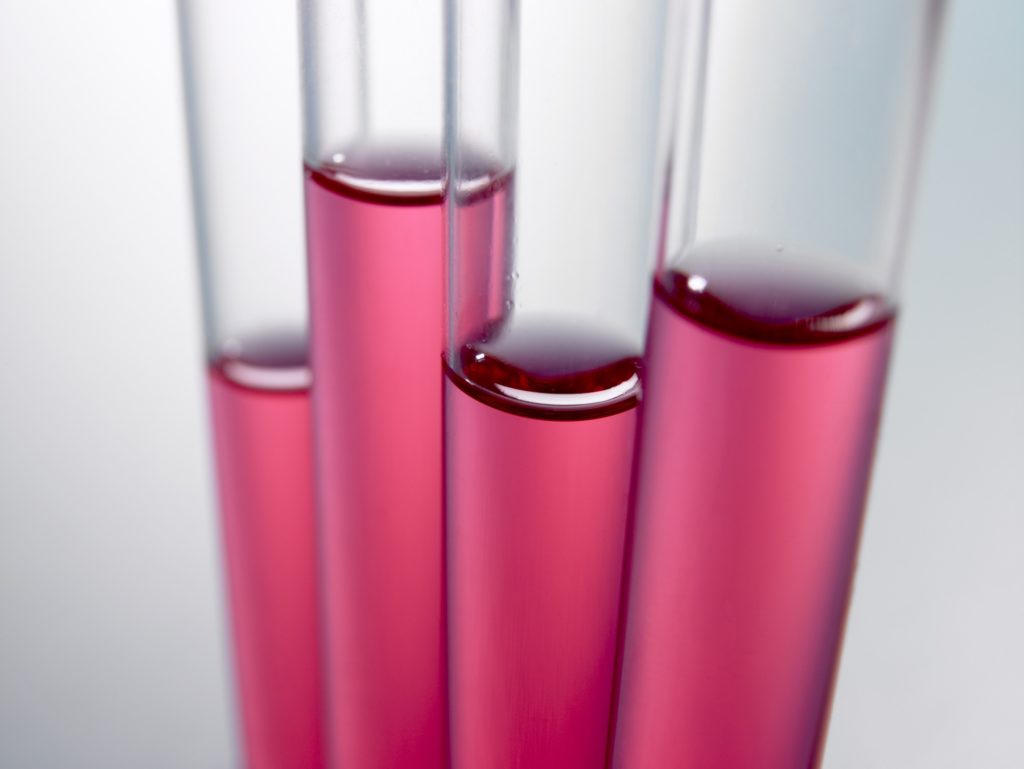
Clinical Biochemistry & Toxicology
Clinical biochemistry deals with the chemical analysis of body fluids, including blood and urine, amongst others. Through analysis, the levels of various chemical substances in various fluids can be assessed, ranging from simple electrolytes (like sodium, potassium and chloride) to more complex substances like hormones, tumour markers and antibodies, amongst many others. Disturbances in these substances may be the first indicator of an underlying disease. Clinical chemists may be involved directly in the care of patients with underlying metabolic disorders (for example, osteoporosis and diabetes).
Microbiology
Microbiology is the study of infectious agents and the diseases they cause in humans. Numerous bacteria, viruses, parasites and fungi may cause disease and the primary role of the microbiologist is to identify the organism underlying an infectious disease process. This is achieved primarily through culture of various bodily fluids, including blood, urine and faecal matter, on special culture media, following which the growing organism can be studied in detail. Microbiologists also provide information to clinicians regarding the best treatment strategies that can be employed in treating the patient. Furthermore, microbiologists may be directly involved in patient care, particularly in critical care units, where expert medical advice can be provided regarding antibiotic therapy.
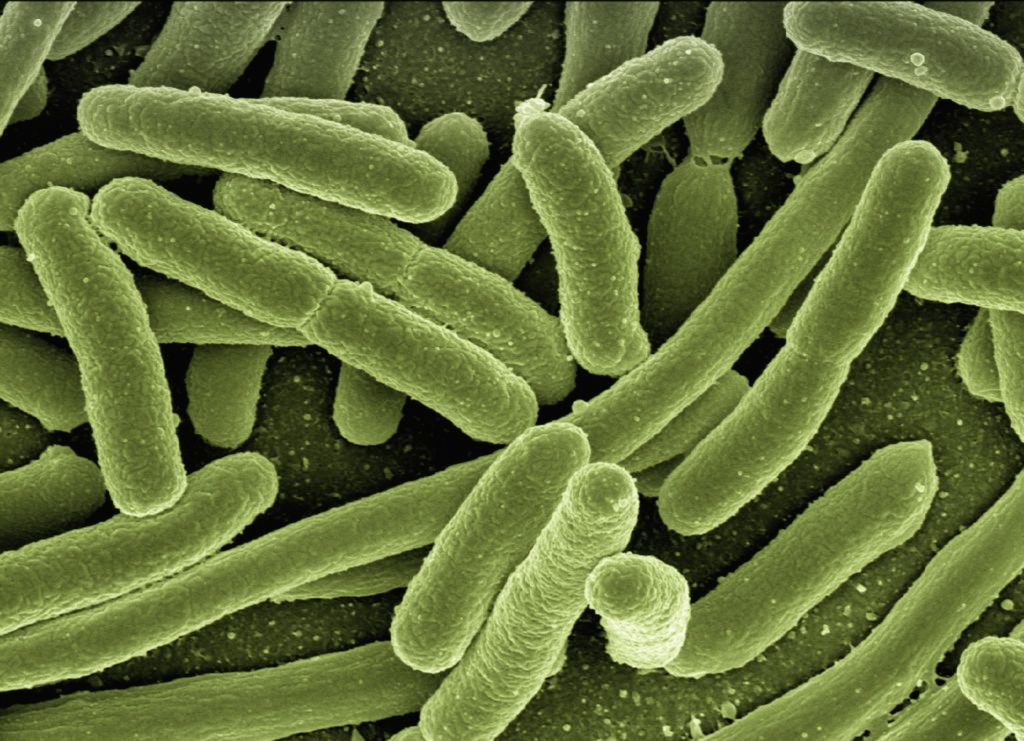
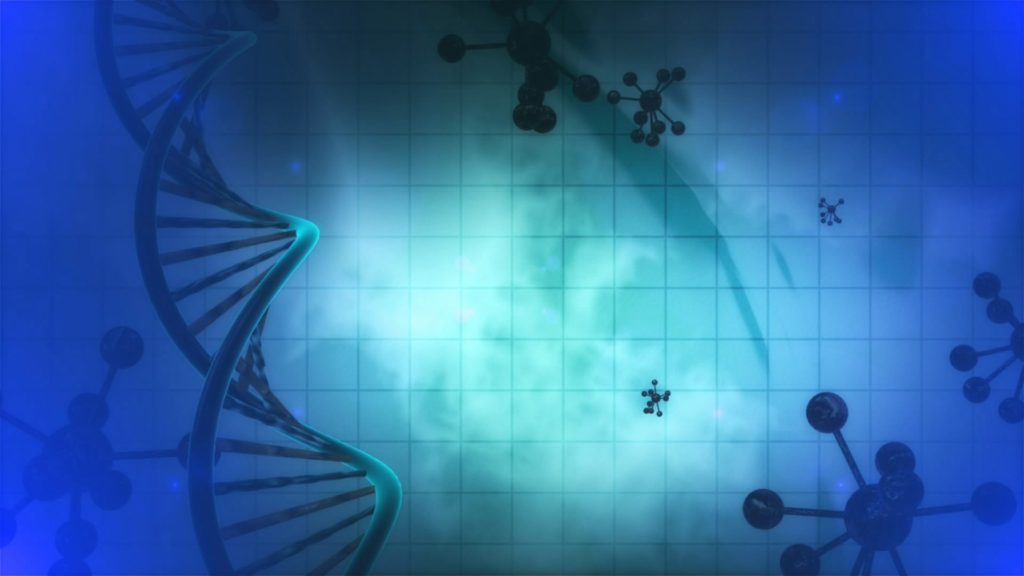
Medical Genetics
Medical genetics is the specialty dealing with inherited disorders. It is an overlap specialty given that many medical conditions are associated with underlying genetic abnormalities. Such conditions range from complex birth defects, inherited heart defects and cancer genetics to mention but a few. Medical geneticists examine patients holistically and are involved in interpreting complex analyses of the patients’ DNA to assess for specific mutations that may be causing a disease. Family tree analysis may shed light as to how a disease is inherited in a family. Furthermore, medical geneticists provide genetic counseling to patients, advising about the risks to other members of the family